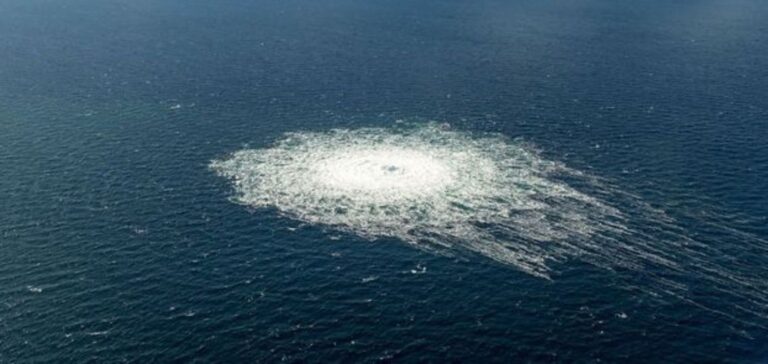The underwater explosions of the Nord Stream 1 and 2 gas pipelines last September have raised questions about who is responsible. While Western countries accuse Russia of being behind the leaks, Moscow blamed the sabotage on the “Anglo-Saxons”. Investigations by the Swedish, Danish and German authorities have not yet determined responsibility.
Revelations of an American journalist
An article published by Seymour Hersh, a famous American investigative journalist, accused the United States and Norway of being behind the sabotage. In his article, Hersh claims that U.S. Navy divers, aided by Norway, planted explosives on the pipelines in June, causing them to explode three months later. According to Hersh, who relies on a single unnamed source, U.S. President Joe Biden decided to blow up the pipelines to deprive Russia of its revenue from gas sales to Europe.
However, this information was categorically denied by Adrienne Watson, spokesperson for the White House National Security Council, who called it “totally false” and “pure fiction.” The CIA and the Norwegian Ministry of Foreign Affairs have also denied any involvement.
The support of the Kremlin
Despite American and Norwegian denials, the Kremlin supported Hersh’s article. Kremlin spokesman Dmitry Peskov told reporters that “the article is remarkable for its profound analysis and harmonious presentation” of events and that it would be “at least unfair not to pay attention to it.”
Ongoing liability investigations
Western countries have accused Russia of being responsible for the leaks preceded by underwater explosions, but investigations by Swedish, Danish and German authorities have not yet determined who was responsible.





















